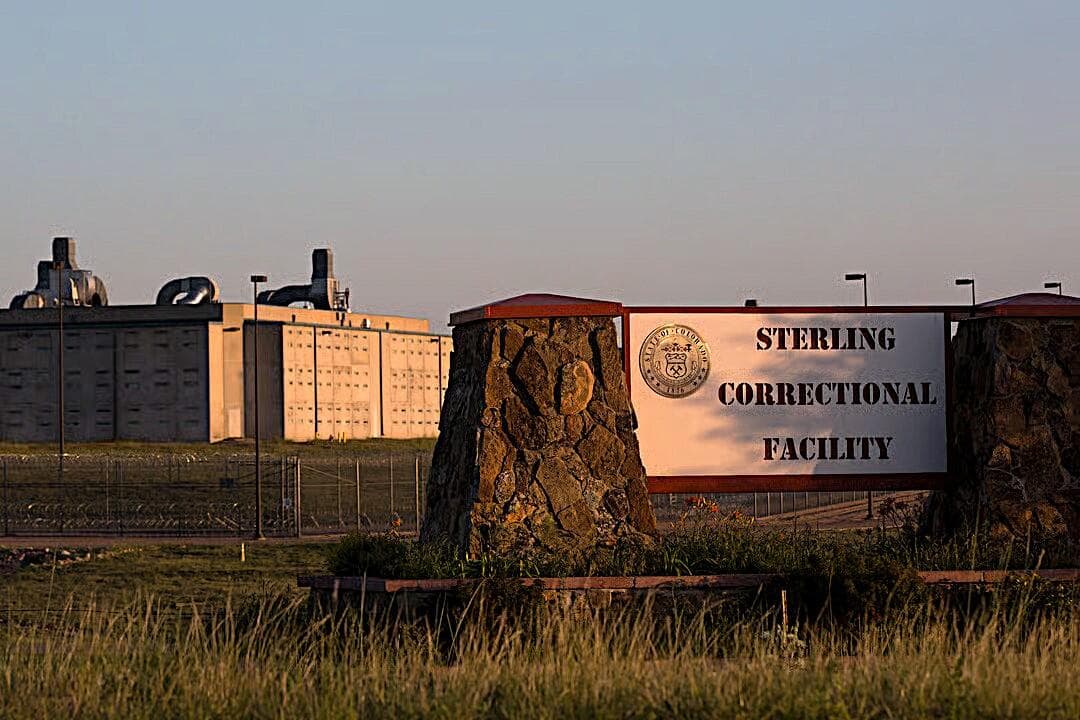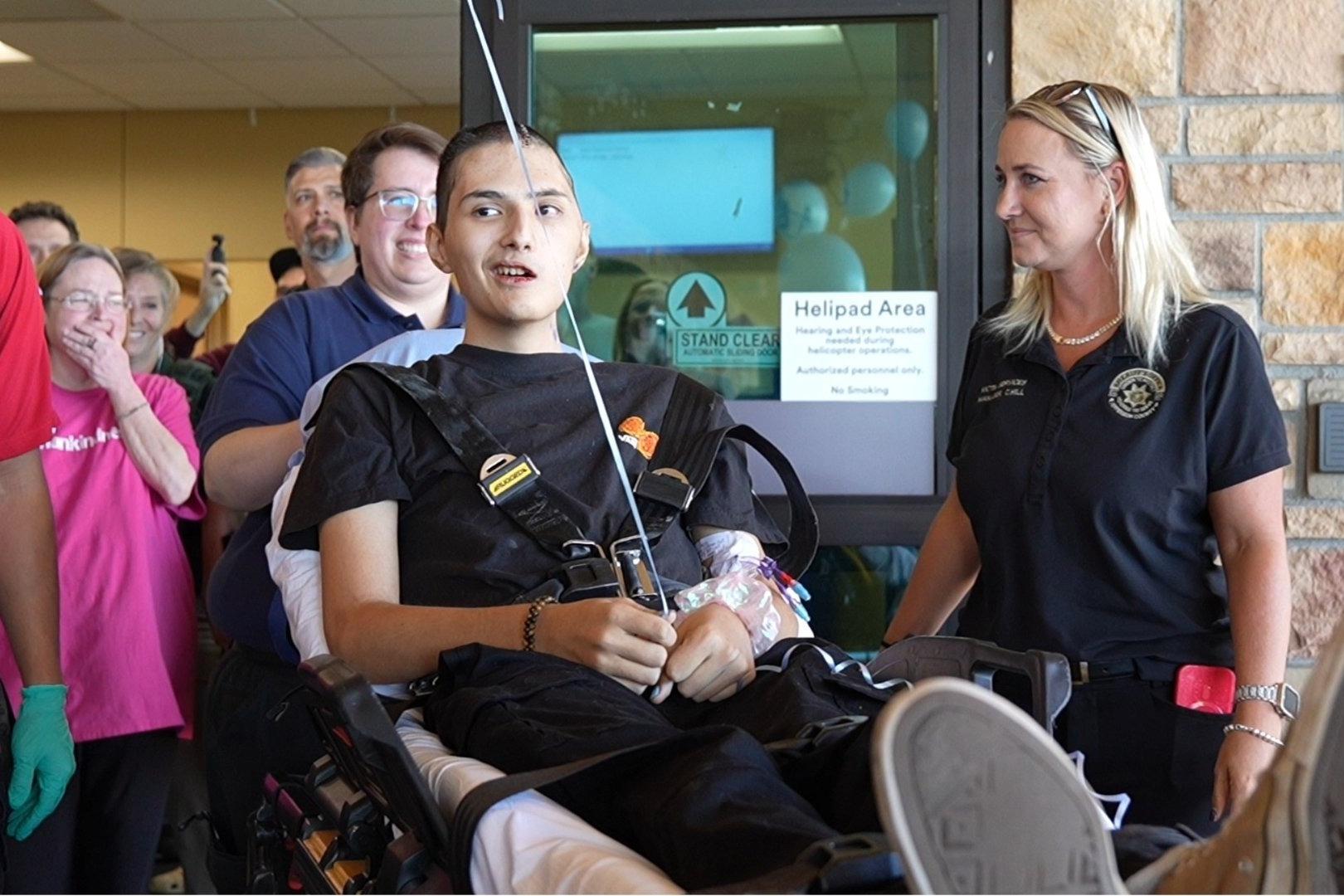
A new budget proposal released by the National Oceanic and Atmospheric Administration could end Colorado’s status as a global hotspot for federally funded climate research.
The document posted to the agency’s website on Monday details cuts laid out by earlier budget documents. If approved by Congress, the plan for the agency’s upcoming 2026 fiscal year, beginning in October, would eliminate 17 percent of its nearly 13,000-person workforce and slash its annual budget by roughly $1.5 billion, a 30 percent cut below its funding for the last full fiscal year.
Those cuts would also eliminate the Office of Oceanic and Atmospheric Research, the agency’s research arm charged with finding ways to improve weather and ocean forecasting. The office oversees four labs at the David Skaggs Research Center in Boulder: the Chemical Sciences Laboratory, the Global Monitoring Laboratory, the Global Systems Laboratory and the Physical Sciences Laboratory.
Each of those labs would close under the proposed budget.
“The idea these labs would be completely wiped out is surreal and dangerous,” said Dan Powers, the executive director of CO-LABS, a nonprofit group advocating for federally funded research in Colorado. “To just dissolve them cannot happen without a negative impact on the kind of information we all count on.”
The Boulder labs have helped develop computer models and other tools to help meteorologists predict everything from hurricanes to droughts to wildfire smoke. The researchers also monitor atmospheric concentrations of greenhouse gases, tracking the relationship between human activity and global warming.
Besides shuttering the labs, the proposal would also end funding for NOAA’s 16 cooperative institutes, a set of partnerships between the agency and non-profit research institutions or universities
Colorado is the only state with two NOAA cooperative institutions. The Cooperative Institute for Research in the Atmosphere (CIRA) works through Colorado State University, and the Cooperative Institute for Research in Environmental Sciences (CIRES) operates at the University of Colorado Boulder.
Both cooperative institutes employ more than 900 people in Colorado. Another roughly 350 direct federal employees work at NOAA’s David Skaggs Research Laboratory in Boulder, according to Kari Bowen, a program manager at CIRES.
But Steve Miller, the director of CIRA in Fort Collins, said cutting research staff at NOAA would not only hurt the local economy. In the long run, he said the cuts would harm the tools behind weather forecasts provided to the U.S. military and commercial airlines.
“If you take away research from NOAA, you’re taking away value and impact to agencies across the country. These translate to dollars, these translate to property, these translate to lives,” Miller said.
If Congress approves the proposed budget, the cuts would fulfill a vision first detailed in Project 2025, the 900-page policy outline written by the conservative Heritage Foundation, a D.C.-based think tank.
The policy outline called for NOAA’s research office to be “broken up and downsized” since it's a key piece of the “climate alarmism industry.”









